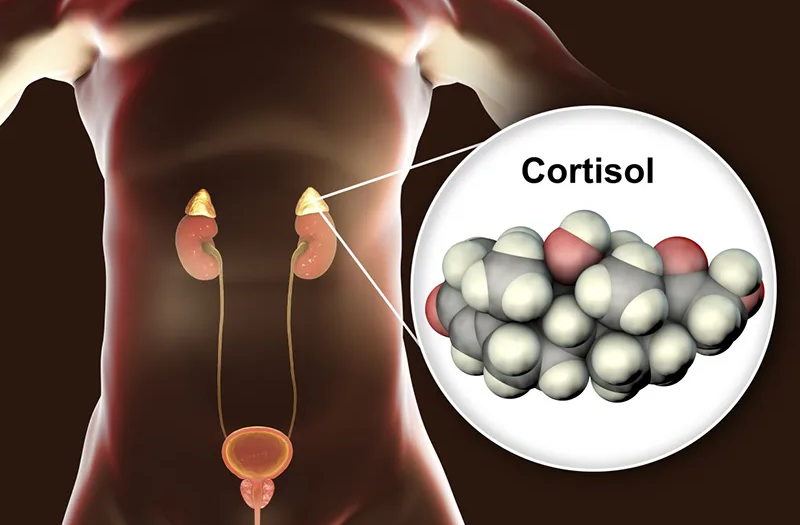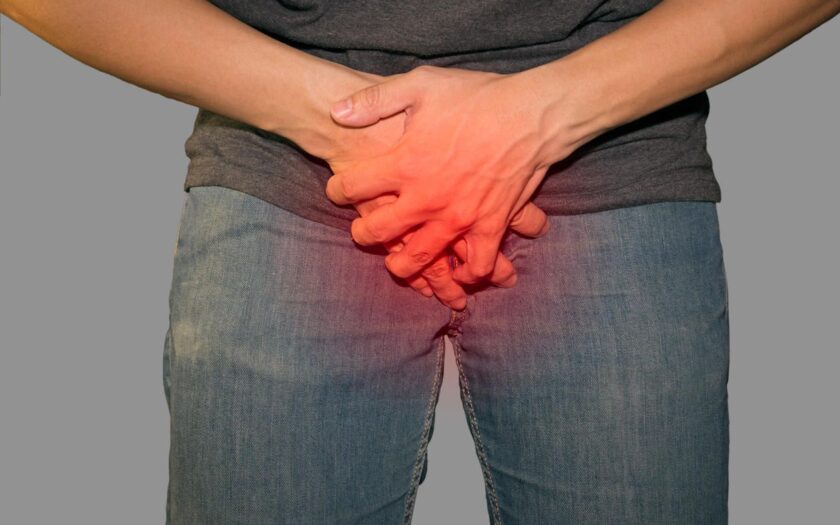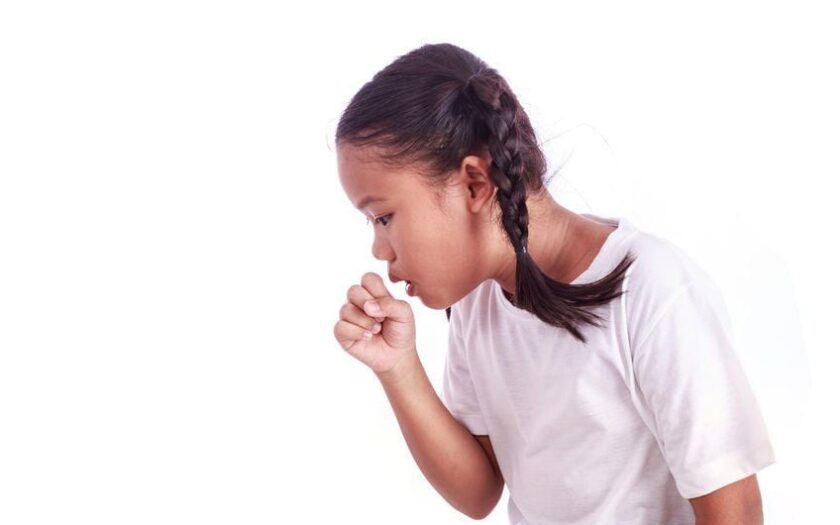Vomiting is the forceful expulsion of stomach contents through the mouth, often triggered by various factors such as infections, food poisoning, motion sickness, or as a reaction to certain medications. It can also occur due to underlying conditions like migraines, pregnancy (morning sickness), or gastrointestinal disorders. While vomiting is typically a protective reflex to rid the body of toxins or irritants, it can lead to dehydration, especially in children and the elderly.
To manage vomiting, it’s essential to stay hydrated by sipping small amounts of water or an oral rehydration solution. If vomiting persists for more than a day, is accompanied by severe pain, fever, or blood, or if it occurs in young children or older adults, medical attention should be sought. Rest, avoiding solid food initially, and gradually reintroducing bland foods can also help in the recovery process.
What Is Vomiting?
Vomiting is the forceful expulsion of stomach contents. It’s common in children and usually resolves on its own without lasting issues.
What Causes Vomiting?
Vomiting in kids is often caused by gastroenteritis, an infection of the stomach and intestines, typically due to viruses. Sometimes bacteria or parasites can be the cause. Besides vomiting, gastroenteritis often comes with symptoms like nausea, belly pain, and diarrhea. Vomiting from gastroenteritis usually lasts less than 24 hours, and other symptoms tend to improve within a few days.
Other Causes of Vomiting
Vomiting can also be caused by:
- Food poisoning
- Motion sickness
- Migraine headaches
- Pregnancy
In rare cases, vomiting can be a sign of more serious conditions, such as:
- Blocked intestines (e.g., pyloric stenosis in infants)
- Other digestive issues like gallstones, pancreatitis, or appendicitis
- Increased pressure in the brain, possibly due to a head injury, meningitis, or a brain tumor
Signs & Symptoms of Vomiting
Before vomiting, children may experience nausea and belly pain. Other common symptoms include:
- Fever
- Loss of appetite
- Diarrhea
Frequent vomiting can lead to dehydration, which may present as:
- Reduced urination
- Crying with few or no tears
- Dry mouth or cracked lips
- Dizziness or lightheadedness
- Extreme sleepiness or reduced alertness
How Do Doctors Diagnose Vomiting?
Doctors usually determine the cause of vomiting based on the symptoms. For common cases like stomach flu, tests aren’t typically needed. However, for frequent vomiting or severe symptoms, a doctor may order blood or urine tests to check for dehydration and identify the underlying cause.
How Is Vomiting Treated?
Treatment depends on the cause. Vomiting from gastroenteritis typically resolves within 24 hours. To prevent dehydration, give your child an oral rehydration solution (such as Pedialyte, Enfalyte, or similar products). These solutions contain the right balance of water, sugar, and salt to help rehydrate.
For mild dehydration, your doctor might recommend starting rehydration at home:
- Offer small sips of oral rehydration solution, about 1–2 teaspoons every few minutes.
- Babies can continue breastfeeding or formula if they are not vomiting excessively.
- Do not give babies plain water, as it lacks necessary nutrients.
- Older kids may try frozen electrolyte popsicles.
- Avoid giving anti-vomiting medications unless advised by a doctor.
Once vomiting stops, you can introduce light foods like toast, crackers, rice, or mashed potatoes. Gradually offer yogurt, fruits, vegetables, and lean meats.
Severe dehydration or persistent vomiting may require treatment in a hospital.
When to Call the Doctor
Contact your doctor if your child:
- Cannot drink fluids for several hours
- Shows signs of dehydration (less urination, no tears, dry mouth, dizziness, or extreme tiredness)
- Has a high fever
- Vomits blood or has green/brownish vomit
- Complains of severe stomach or back pain
- Has a headache or stiff neck
- Vomits after a head injury
- Continues vomiting for more than 24 hours
Proper care and monitoring will help your child recover from vomiting and prevent further



